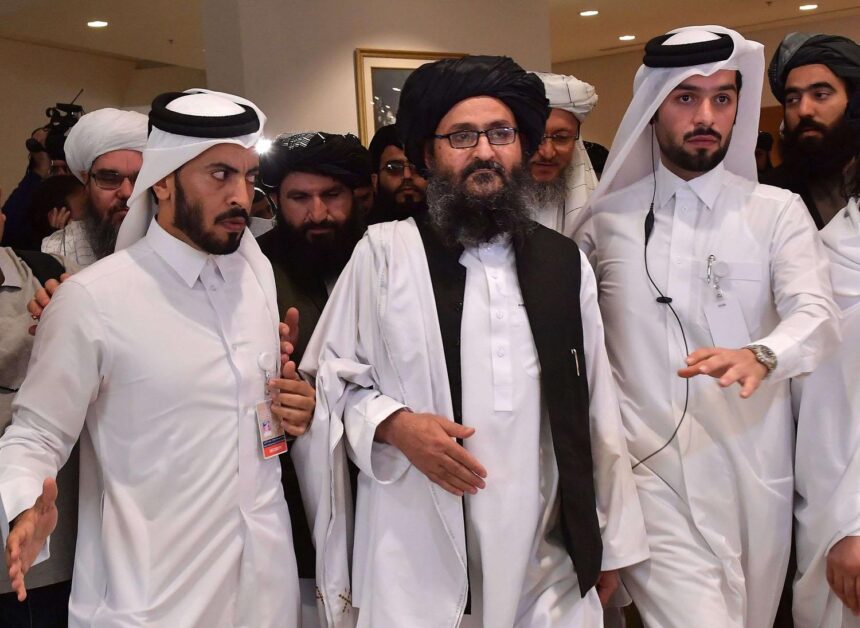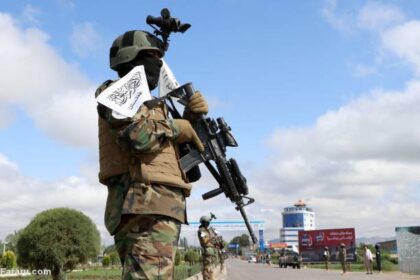RASC News Agency: Hassan Abbas, the renowned Pakistani author of “The Return of the Taliban”, asserts that Iran’s influence over the Taliban has significantly diminished, while the influence of the United Arab Emirates and Qatar has surged. Abbas noted in a recent interview that Mullah Hibatullah, the leader of the Taliban, has consolidated his power to an unprecedented degree compared to previous years.
Speaking as a professor at the National Defense University in the United States, Abbas emphasized that “Hibatullah’s power network extends far beyond that of Mullah Omar.” He elaborated, explaining that Mullah Hibatullah fortifies his authority by capitalizing on his tribal affiliations, remarking, “Although the Taliban profess to be a purely ideological and religious movement, their ultimate reliance lies with their tribal connections.”
Abbas highlighted the current presence of approximately 25,000 Taliban fighters in Kandahar, a force that enables Mullah Hibatullah to veto any decision with substantial backing. He also discussed the shifting dynamics among Taliban officials in Kabul, revealing that Mullah Yaqoob, the Taliban’s Minister of Defense, has been weakened, while Sirajuddin Haqqani, the Minister of Interior, has gained considerable influence. “There is an ongoing struggle for resources and power among Taliban ministers in Kabul,” Abbas observed.
He further pointed out that Shahabuddin Delawar, once a dominant figure within the Taliban, has been ousted due to nepotism, specifically for appointing his son-in-law and son to government positions. Delawar, who previously held the position of Taliban Minister of Mines and Petroleum, has now been relegated to head the Red Crescent Society, while his son was appointed as the Taliban’s charge d’affaires in Tashkent.
The decline of Iran’s influence over the Taliban was anticipated from the outset. The Taliban views power through two primary lenses, both of which reject Iran’s involvement in Afghanistan and the broader region. The two defining tenets of the Taliban’s identity “Afghanism” and “Islamism” are entrenched in “Pashtunwali and tribal prejudice” and “an extreme and radical interpretation of Islam,” both of which are fundamentally at odds with Iran’s strategic interests.






